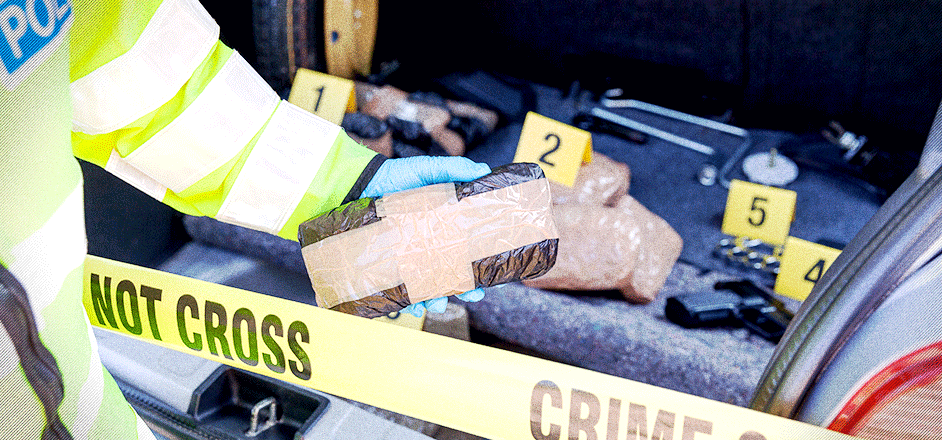Denver resident Sandra Braig was enjoying a quiet Thursday morning, preparing her daughter Hannah for school when she heard police outside, shouting over a bullhorn.
“We have a warrant to search the house!”
It was about 7 a.m. And when Braig looked outside, she saw DEA agents and local law enforcement swarming the street, surrounding her next-door neighbor’s home. Shortly thereafter, they flooded the neighbor’s house, and started stacking uprooted marijuana plants in neat lines across the driveway, as well as dozens of heat-lamps.
Three other houses on the same block were similarly raided the same morning. It was part of a massive, city-wide sting of up to 50 different homes that were operating illegal marijuana grows. This was the third big raid within the last five months in Colorado, and it outlines one of the state’s most persistent problems with legalization: black market grow ops.
Colorado, unlike other states where cannabis is recreationally legal, allows for people to grow inside residential homes. Which has raised some unique hurdles in regulating who grows what. In fact, according to Denver police, a lot of illegal indoor grow ops are run inside houses that no one even lives in. Many of these homes are purchased solely for the purpose of growing pot.
Regardless, whether they live in the houses or not, this rule has made it possible for a lot of people to grow cannabis in illegal quantities, and in most cases, they’re doing so in environmentally harmful ways. Illegal grow operations in this state account for 75 percent of the electricity used for growing cannabis in Colorado, they produce tons of waste, often use prohibited fertilizers and pesticides, and they require lots and lots of water (which is a problem in a city where water is already a scarce resource).
Environmentally, these illegal grow ops present a huge problem in Colorado.
And there’s not much hope of getting rid of them, either. Not, at least, as long as there is a black market for people to sell to. As long as cannabis is illegal in other states, as long as it’s federally considered a schedule 1 substance, criminal growers will have consumers who want their product. Until cannabis realizes comprehensive legalization, illegal grows are here to stay.
To give you an idea of how wide spread this problem is: since 2014, when cannabis was recreationally legalized in Colorado, law enforcement has raided 300 black market grow houses and seized around 70,000 cannabis plants (equating to roughly 10,000 pounds of pot). On top of that, Arapahoe County District Attorney George Brauchler, told the Denver Post that since recreational legalization, he’s seen 11 first-degree murder cases related to black market marijuana deals.
There’s no getting around it — black market cannabis is a big problem for Colorado. One that’s being sustained by federal prohibition. And this most recent string of illegal grow op stings in Denver illustrates that all too vividly.




Leave a Reply